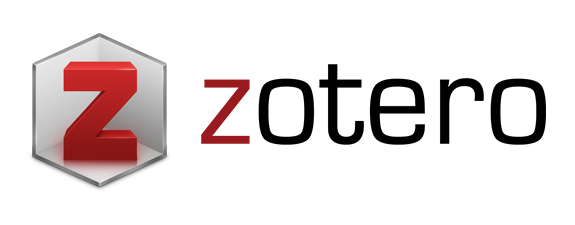THE URGENCY OF ISLAMIC MORAL EDUCATION DURING EARLY CHILDHOOD IN THE PERSPECTIVE OF HADITH
DOI:
https://doi.org/10.32678/holistic.v8i1.5630Keywords:
Islamic moral education; early age; early childhood education; hadith perspectiveAbstract
Education plays an important role in determining the goodness and badness of humans, and Islamic ethics (akhlaq) is the main standard of human quality. In this view, those are an indicator of the success or failure in education. Islamic ethics and moral are essentially a basic value in assessing the nature of a person. The level of education is sometimes not an absolute measure of the tranquility of one's life, but shows how Islamic ethics or moral plays out. For this reason, at an early age children should learn about religion and be provided with a guide for their moral development. The purpose of this study is to find out how the urgency of Islamic ethics education on early childhood and how the hadith illustrates this in children. The research employs the research library method as it depends on investigating written resources such as journals and books. The results of this study showed that Islamic ethics education must be required to begin at an early age because childhood is the most appropriate period to instill good habits. The hadith narrated by Bukhari Muslim on Islamic ethics education in children demonstrates that parents have an important role and contribute significantly in implanting moral values in their children. There are two factors that influence Islamic ethics development in children. First, internal factor includes the innate such as physical, intellectual, and the potential of spirituality. Second, external factors encompass roles of the parents at home, teachers at school, and community leaders in society.
Downloads
Downloads
Published
Issue
Section
License
Authors who publish with this journal agree to the following terms:
-
Authors retain copyright and grant the journal right of first publication with the work simultaneously licensed under a Creative Commons Attribution License that allows others to share the work with an acknowledgement of the work's authorship and initial publication in this journal.
-
Authors are able to enter into separate, additional contractual arrangements for the non-exclusive distribution of the journal's published version of the work (e.g., post it to an institutional repository or publish it in a book), with an acknowledgement of its initial publication in this journal.
-
Authors are permitted and encouraged to post their work online (e.g., in institutional repositories or on their website) prior to and during the submission process, as it can lead to productive exchanges, as well as earlier and greater citation of published work (See The Effect of Open Access).


















